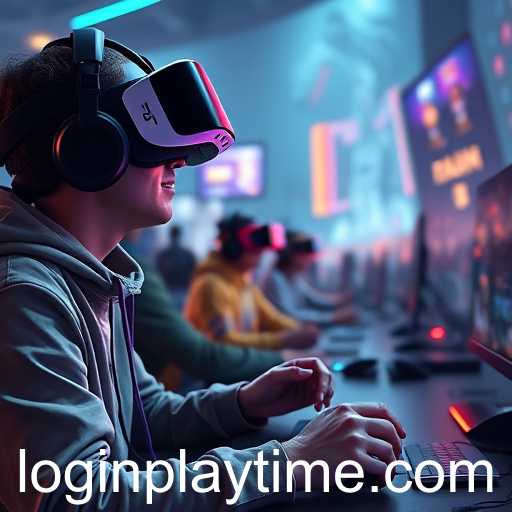The landscape of online gaming has drastically transformed in recent years, playing a pivotal role not just as a source of entertainment, but also as a vital component of the digital economy. Playtime on gaming platforms is no longer just leisure; it has become a part of daily life for millions worldwide.
In 2025, the gaming industry continues to surge, buoyed by innovations in technology and the widespread accessibility of the internet. With the rise of immersive virtual reality games and sophisticated multiplayer platforms, online playtime has become an essential social interaction point, especially among younger generations. Platforms like Steam and Epic Games not only host a myriad of games but also foster vibrant communities where users globally connect and interact.
Amidst this growth, concerns over excessive playtime and screen addiction loom large. Governments and organizations are actively engaging in conversations about the impact of gaming on mental health and productivity. In response, some regulatory measures have been introduced in various countries aiming at moderating playtime, especially for younger audiences, alongside campaigns promoting balanced gaming habits.
Economically, the gaming industry is a powerhouse, contributing billions to the global economy. This surge in playtime translates directly to increased revenue streams from game sales, in-game purchases, and advertising. As the demand for more engaging game experiences grows, companies are investing heavily in AI and machine learning to enhance user experiences, thereby creating more jobs and driving innovation in the tech sector.
The interplay between online playtime and cultural dynamics is also significant. Games with narrative depth and social commentary, such as those inspired by current events or societal issues, are gaining popularity, allowing players to explore complex themes within a virtual realm. This crossover of entertainment and education might soon redefine how future generations perceive global issues.
In conclusion, while online playtime is primarily viewed as entertainment, its implications stretch far beyond, influencing economic structures, social interactions, and cultural narratives. As we look forward, striking a balance between innovation and responsible gaming is crucial in harnessing the full potential of this dynamic sector.








